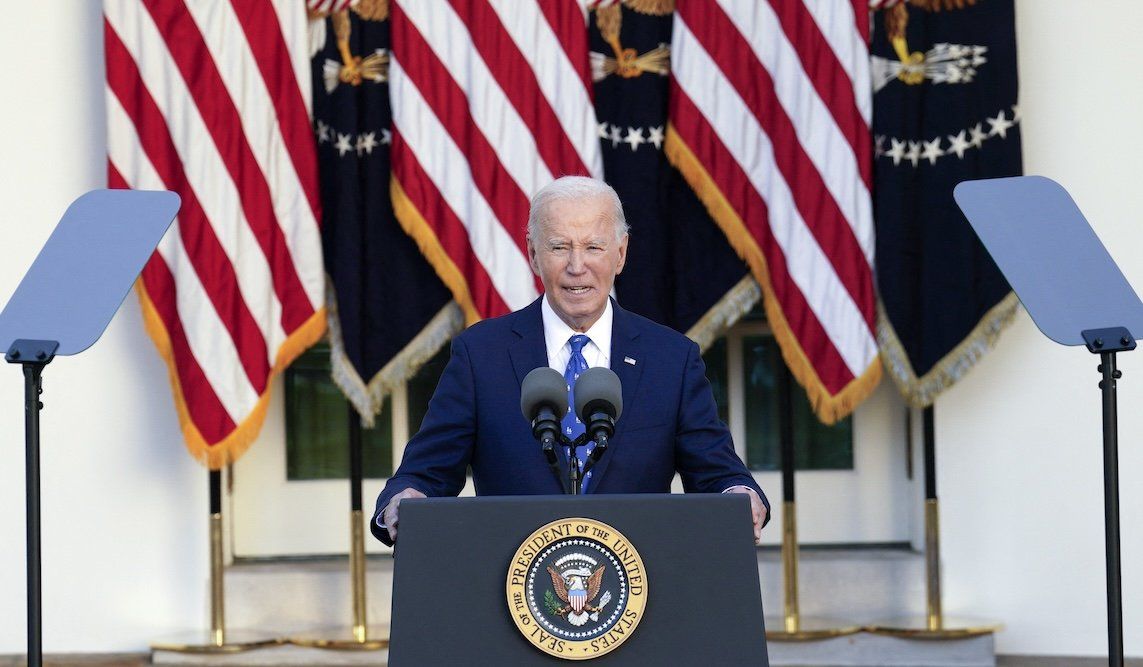The Israeli Security Cabinet has approved a ceasefire for Lebanon, President Joe Bidenannounced on Tuesday, welcoming the opportunity to start reestablishing peace in the Middle East. “Under the deal reached today, effective at 4 a.m. tomorrow local time, the fighting across the Lebanese-Israeli border will end,” Biden said.
While earlier reports suggested the US-brokered agreement would involve a 60-day transition period to pave the way toward a more lasting peace, Biden emphasized that the truce is meant to be permanent. “What is left of Hezbollah and other terrorist organizations will not be allowed — I emphasize, will not be allowed — to threaten the security of Israel again,” he said.
Israeli Prime Minister Benjamin Netanyahu had urged approval of the deal, and it was passed “with a majority of 10 ministers in favor and one opposed,” his office said just before Biden announced the news.
The Israeli leader said it was the right time for a ceasefire because it would isolate Hamas, give Israel’s military space to regroup and resupply, and allow the Jewish state to focus more on the threat from Iran.
In the hours leading up to Netanyahu’s announcement on Tuesday, Israel continued to pound Lebanon with airstrikes. But 13 months of fighting ended early Wednesday as the ceasefire took hold, and thousands of displaced Lebanese civilians have begun returning to their homes in the South.
The US pushed hard for the agreement and while the Biden administration is taking credit, the deal could provide a boost for Donald Trump as he enters the White House in January. Trump — who has a close relationship with Bibi — has promised to bring peace to the region, and his administration will soon be on deck with efforts for a more permanent peace between Israel and Hezbollah, and perhaps a resolution for Gaza and the remaining hostages.
In the meantime, we’ll be watching to see if the truce holds as the region remains on edge with the war in Gaza raging on amid rising tensions between Israel and Iran.
